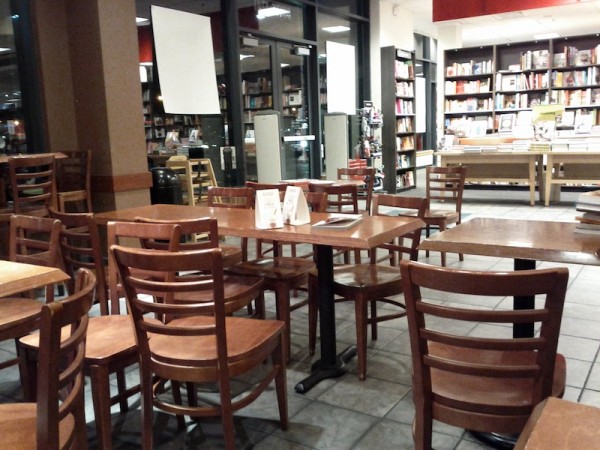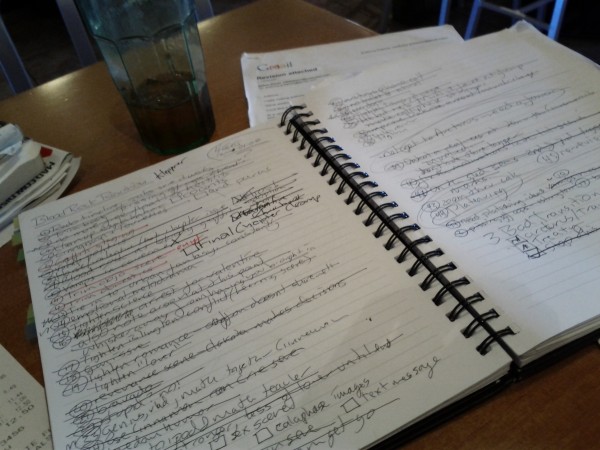http://www.npr.org/blogs/monkeysee/2011/02/23/133988062/dwayne-mcduffie-rip-championed-diversity-among-champions His individual contributions as a writer and producer, which I'll get to in a bit, remain impressive. But McDuffie was more than a writer, he was a voice — a passionate proponent for change in a genre (superhero comics) that reflexively resists it. And it's that voice that will be most acutely missed.McDuffie will be missed, and perhaps he was a passionate proponent for change ... but what superhero genre, precisely, has the author of the NPR article been reading over the last forty years? Because it sure ain't the one I've been reading. (NOTE: the author of the article claims to have started reading in the early 1970's and to have skipped the 1990s, and I started reading in the later 1970's and skipped part of the 1980's which I've since mostly caught up on, so we are essentially contemporaneous). Superhero comics were a force of stasis in the 1950s to the 1970's largely because of the Comics Code Authority, which effectively censored comic book content; innovation existed but largely got squeezed out into underground comix whose heyday was the late 60's to early 70's. But issues of social relevance - drug use, alcoholism, environmentalism - began to kick in in the 1970's. Titles like Squadron Supreme, the Dark Knight and later Watchmen subverted the conventions of the genre in the mid 1980's. By the 1990's, the modern age of superhero comics and its antiheroes had begun - and the genre has continued to evolve, with newer iterations like widescreen comics changing how stories are told. Examining other areas, for gay, lesbian, bisexual and transgendered comics we've gone from demonizing and censoring them to talking about it and introducing characters in the 1990's to putting them front and center in the 2000's, including the modern Batwoman, a female superhero and lesbian of Jewish descent. Even on the author of the article's signature issue, race, we've gone from ridiculous and marginalized cariactures to prominent front and center characters to Ultimate Nick Fury, based on Samuel L. Jackson and later played by him after he considered the comic version a flattering portrayal as the ultimate nexus of coolness in the Ultimate Marvel Universe ... Need I go on? No. There will always be people marketing towards the least common denominator, but that subset does not define or limit or even accurately describe the arc of the superset - a very typical mistake that people with axes to grind will make. Clearly, comics has a lot of work to do, and I'd never suggest it doesn't have further to go. Resistant to change, however, it has not been ... not at least for the last forty years. -the Centaur
Dwayne McDuffie died. He's the author of many comic and series, including a run I enjoyed of the Fantastic Four. He will be missed. But I have to take issue with the article announcing his death:

